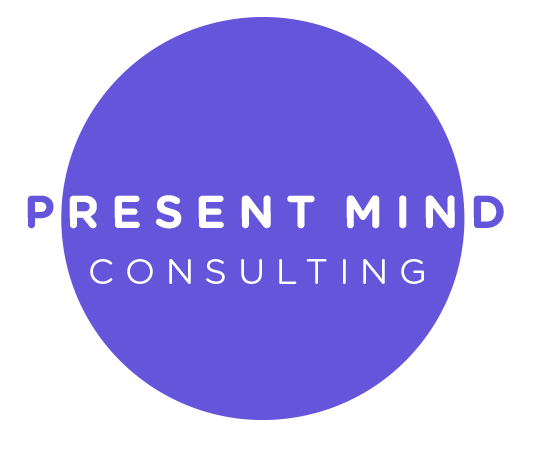When you’re sick, cultivate a safety mindset to promote healing
Today, I’m noticing what it’s like to feel physically unwell without ruminating about if I’ll get worse, miss work, sleep poorly, or if I did something to cause it (should I have gone to that party?!). My muscles ache and I’m tired, but my mind is at peace. Did I do an elaborate meditation or relaxation practice, or other mental training ritual? No. It’s purely based off of the meaning I’m giving to my symptoms, which is that I’m safe and protected. I feel off because I got the flu vaccine and bivalent covid booster last night.
To me, my muscle aches signal an exciting immunity-building process that I need to survive a global pandemic.
The meaning we give to our state of health is extraordinarily powerful. A dramatic illustration of this was reported in the British Medical Journal (Fisher et al., 1995), involving a construction worker who stepped on a several-inch nail that pierced his boot through to the other side. In excruciating pain, he presented at the ER and was given opioids for pain control. His doctors then removed the boot, only to see that the nail had passed between his toes, his body unscathed. This man believed his body was being harmed, and to motivate escape, his brain produced pain. It’s a shocking tale, but it shows how we experience the world not as it is, but as our brain’s guess of it. The brain is constantly synthesizing information from the environment, making inferences about about our state of health and orchestrating physiological responses accordingly (e.g., inflammation, pain, stress hormone production) - all to promote survival.
It’s all too easy to create negative, catastrophic meanings out of physical symptoms, to ruminate about the past (what did I do wrong?) or future (what could happen?). Worry tells the brain that we’re in danger, which tips our physiology towards fight-or-flight, or sympathetic nervous system activation. The more we imagine scary outcomes and attack (i.e., criticize) ourselves, the brain thinks, “DANGER!” and is far more likely to mobilize a fight-flight-freeze response, which often includes pain. Fear, anxiety and agitation are in total opposition to what’s needed to heal and keep pain levels low, which is to feel safe and allow ourselves to rest.
Here are some ways you can promote a safety mindset while ill, and through it, promote wellness.
Label imagined catastrophes as they arise as what they truly are: a virtual reality. You may need to do this over and over again. Through practice, it will become easier to view throughs as mental events, like bubbles that form and vanish, rather than reality. For more on this concept, I highly recommend Tara Brach’s books True Refuge and Radical Acceptance. For structured practice, try my mindfulness of thoughts exercise.
Each time you get lost in fear-based thinking, offer yourself compassion. You might note, This is hard right now. I offer love and care to myself. Feeling loved and cared for by others is one of the most powerful safety signals we can get, and research shows that we can get many of the same benefits by offering love to ourselves. Read more about self-compassion.
Reach out for support. Humans survive in groups, and sharing your feelings with others you can trust will respond with kindness (e.g., friends, family, a therapist) will help you feel safe and secure.
Resist the temptation to go online and get lost in social media. Research shows that smartphone use generally makes people anxious and dissatisfied, and the blue light exposure will get in the way of high quality sleep, which is essential for short and long-term health.
To the best you can, intentionally engage in activities that you enjoy. Positive emotions like gratitude, joy and humor are antidotes to fear, and decades of research show that they promote physical health. For instance, in a classic study, people higher in positive emotions were less likely to develop the common cold after known exposure to the virus.
Get high quality sleep and rest. Resist mainstream society’s urge to constantly accomplish things. Over-exertion will interfere with healing processes, and thus, rest is “productive.”
Above all, practice self-love. It’s hard to be sick, and it’s not your fault. Do what you can to support yourself during this tough time, and if it feels overwhelming, reach out.
